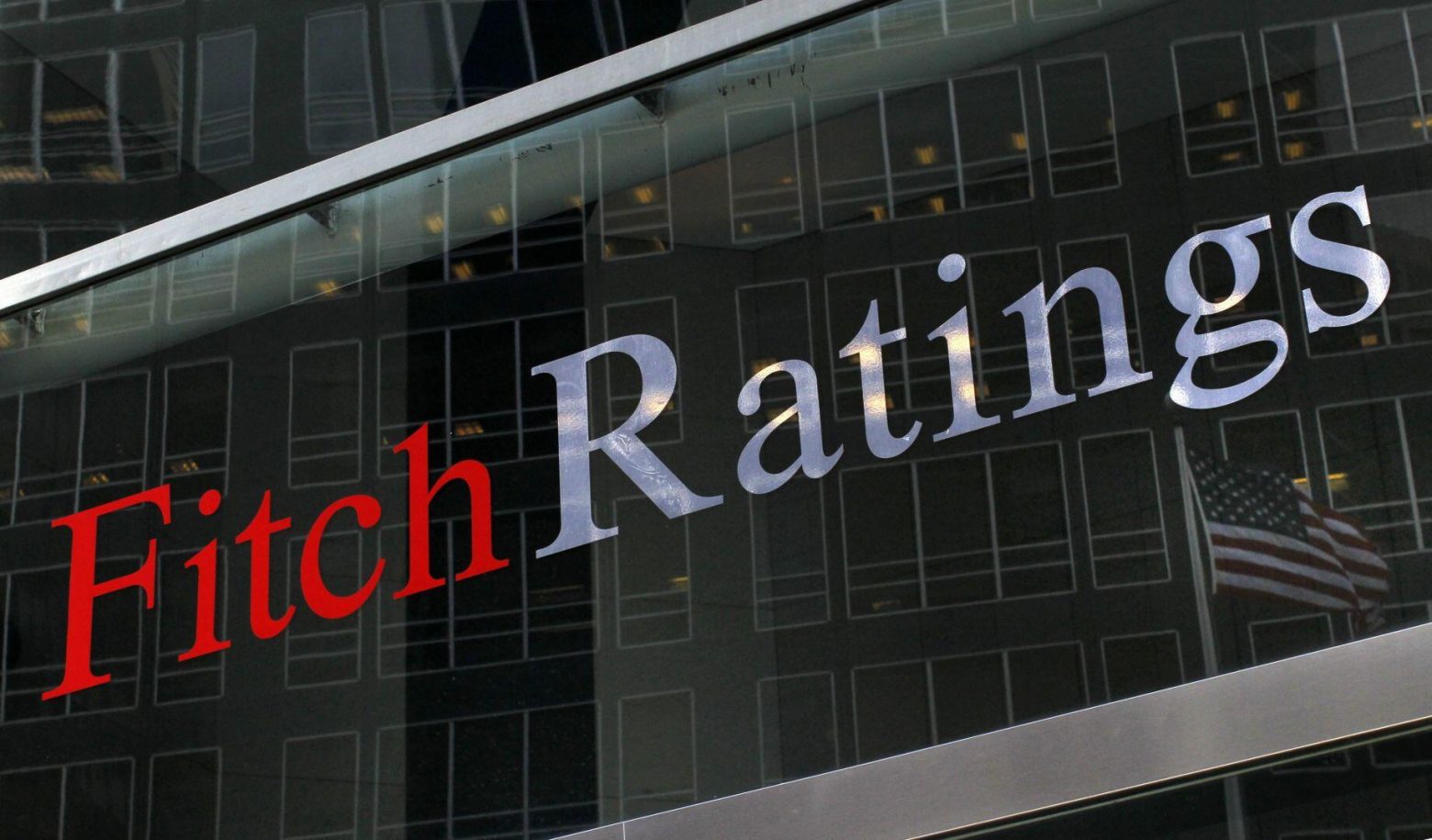
Fitch Ratings has affirmed Greece’s Long-Term Foreign-Currency Issuer Default Rating (IDR) at ‘BB’ with a Positive Outlook.
Greece has high income per capita that far exceeds both the ‘BB’ and ‘BBB’ medians. Governance scores and human development indicators are among the highest of sub-investment grade peers. These strengths are set against still very high levels of non-performing loans (NPL) and very large stocks of public and external debt. The Positive Outlook reflects a sustained expected decline in public sector indebtedness, in the context of still low average borrowing costs, despite the sharp rise in government bond yields this year. Greek banks have made substantial progress on asset quality improvement, sharply reducing the level of NPLs in the banking sector.
High Public Indebtedness, Mitigants: Government debt as a share of GDP declined to 193.3% by end-2021, and is projected to fall further to 171.6% by 2024, driven by improving primary balances and favourable growth-interest costs dynamics. Despite this decline, the debt ratio in 2024 is still forecast to be among the highest of Fitch-rated sovereigns, and more than 3x the ‘BB’ median. At the same time, there are mitigating factors that support debt sustainability. Greece’s liquid asset buffer is substantial (forecast to be 14.5% of GDP at year-end). The concessional nature of the majority of Greek sovereign debt means that debt-servicing costs are low and amortisation schedules are manageable.
Government bond yields have risen sharply this year, with the 10-year bond yield increasing from around 1.3% at end-2021 to average around 4.0% in June 2022. However, the interest-to-revenue ratio should rise only moderately (to 6% in 2024) and remain well below the ‘BB’ median (forecast at 10% in 2024). The average maturity of Greek debt is among the longest of any sovereign, at around 20 years. Moreover the debt is mostly fixed rate, limiting the impact of market interest rate rises.
Deficit Decline, Government Support: The government deficit declined to 7.4% of GDP in 2021 from 10.2% in 2020, a faster decline than we expected at the time of the last review (when we expected a deficit of 9.7%). We expect the deficit to fall further this year, to 4.5% of GDP, but at a slower pace than previously forecast. The decline in the deficit will be slowed by the worsened macroeconomic outlook and government support to mitigate the impact of the rise in energy prices, which the government assumes will add around 1.4% of forecast GDP to the deficit in 2022 (around two-thirds of the support in gross terms will be recouped by the Emission Trading System and a windfall tax on utilities). The deficit will decrease at a sharper pace over the following two years, on the assumption that government support related to energy prices is unwound to 1.8% of GDP by 2024 (‘BB’ median forecast: 3.0%).
War Worsens Macroeconomic Outlook: The Greek economy expanded by 8.3% in real terms in 2021. However, the macroeconomic outlook has worsened considerably in recent months, with the Russian invasion of Ukraine exacerbating the rise in energy prices and affecting business and consumer confidence, and high inflation impacting real incomes and consumption dynamics. Direct trade links (including tourism) between Greece and Russia and Ukraine are small. However, Greece relies on Russia for around 40% of overall gas imports, and is vulnerable to further price rises and potential energy supply disruptions.
Other factors will support the economic outlook. The deployment of funds related to Greece’s National Recovery and Resilience Plan will accelerate this year, boosting government investment and overall demand, and tourism indicators point to a further recovery in the sector. We have revised down our real GDP growth forecast for this year to 3.5%, from 4.1% at the January review, and our forecast for 2023 (3.2% compared with 4.0% previously). For 2024, we expect a further, moderate slowdown in economic growth to 2.8%.
Latest News

German Ambassador to Greece Talks Ukraine, Rise of Far Right & Tariffs at Delphi Economic Forum X
Commenting on the political developments in his country, the German Ambassador stressed that it was clear the rapid formation of a new government was imperative, as the expectations across Europe showed.

Athens to Return Confiscated License Plates Ahead of Easter Holiday
Cases involving court orders will also be excluded from this measure.

Servicers: How More Properties Could Enter the Greek Market
Buying or renting a home is out of reach for many in Greece. Servicers propose faster processes and incentives to boost property supply and ease the housing crisis.

Greek Easter 2025: Price Hikes on Lamb, Eggs & Sweets
According to the Greek Consumers’ Institute, hosting an Easter dinner for eight now costs approximately €361.95 — an increase of €11 compared to 2024.

FM Gerapetritis Calls for Unified EU Response to Global Crises at EU Council
"Europe is navigating through unprecedented crises — wars, humanitarian disasters, climate emergencies," he stated.

Holy Week Store Hours in Greece
Retail stores across Greece are now operating on extended holiday hours for Holy Week, following their Sunday opening on April 13. The move aims to accommodate consumers ahead of Easter, but merchants remain cautious amid sluggish market activity.

Green Getaway Ideas for Easter 2025 in Greece
Celebrate Easter 2025 in Greece the sustainable way with eco-farms, car-free islands, and family-friendly getaways rooted in nature and tradition.

Civil Protection Minister Details Summer Firefighting Plans at Delphi Forum
At the 10th Delphi Economic Forum, Minister of Climate Crisis and Civil Protection Yiannis Kefalogiannis discussed Greece's plans for the upcoming fire season.

How Shops and Markets Will Operate During Easter Holy Week
The Easter holiday schedule has been in effect since April 10, with retail stores open Palm Sunday, and most supermarkets also operating to meet consumer demand for Easter shopping

Why Is the French Aircraft Carrier Charles De Gaulle in Piraeus?
Docking in Piraeus after a four-month deployment in the Indo-Pacific region, the admiral of the aircraft carrier the Charles de Gaulle says, "Greece is our best partner in the Mediterranean."








































 Αριθμός Πιστοποίησης
Αριθμός Πιστοποίησης